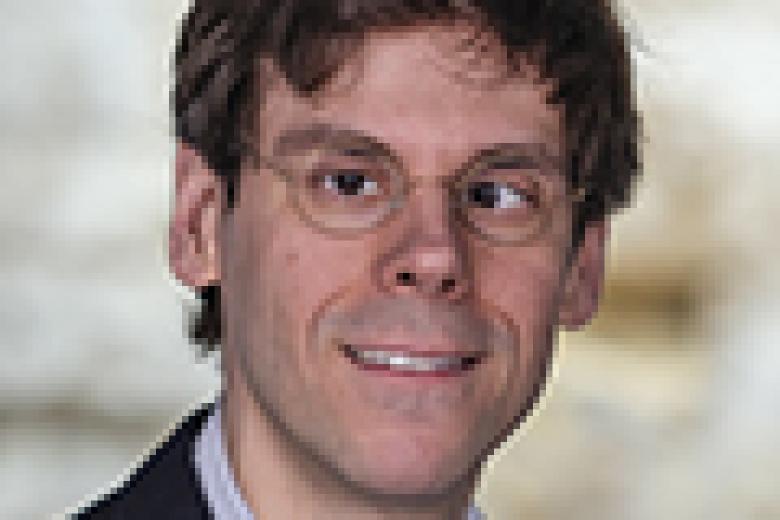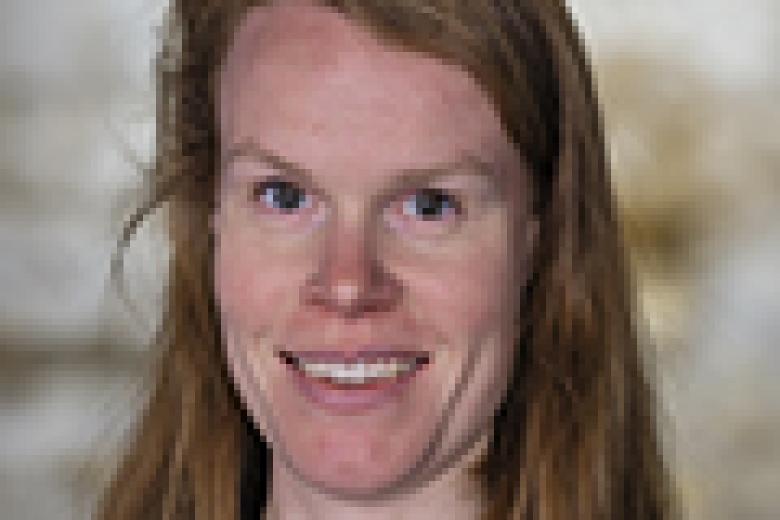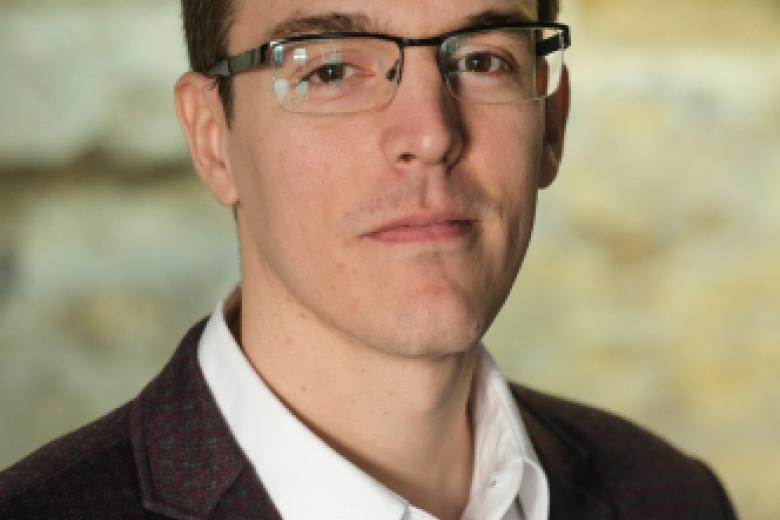Liberal arts education in europe in the 21st century
As a leading liberal arts and sciences program, University College Maastricht (UCM) is dedicated to contributing to the understanding and further development of liberal arts and sciences education in Europe through conceptual research, practice-based research and educational innovation.
The emergence of liberal arts and sciences education is one of the most interesting and significant recent trends European higher education. The Netherlands has played a significant role in this development. As it continues to develop, it is important to reflect on what liberal arts and sciences education is and isn’t, especially in the European context, what it hopes to achieve and whether it does so, what challenges it faces, and how it may continue to evolve.
Staff
Highlighted publications
-
Dekker, T. (2018). Liberal Arts Education: Systemic Opportunities & Educational Possibilities –: Lessons from the Netherlands. Universitätskolleg-Schriften, 23, 87-99. https://uhh.de/uk-band023More information about this publication
-
Dekker, T., & Korsten, G. (2018). Lessen uit 20 jaar liberal arts colleges: Suggesties vor beter bacheloronderwijs. Thema Hoger Onderwijs, 25(3), 67.More information about this publication
-
Dekker, T. (2017). Liberal Arts in Europe. In Encyclopedia of Educational Philosophy and Theory Springer. https://doi.org/10.1007/978-981-287-532-7_569-1More information about this publication
-
Dekker, T. (2020). Teaching Critical Thinking Through Engagement with Multiplicity. Thinking Skills and Creativity, 37, Article 100701. https://doi.org/10.1016/j.tsc.2020.100701More information about this publication
-
Dekker, T. (2021). The Value of Curricular Choice Through Student Eyes. Curriculum Journal, 32(2), 198-214. https://doi.org/10.1002/curj.71More information about this publication
-
Dekker, T., Korsten, G., & Glunk, U. (2020). Policies for Realising Responsive, Engaging, Active, and Tailored Education with Students: Some suggestions for stimulating educational reform in the EHEA.More information about this publication
-
Dekker, T., Korsten, G., & Glunk, U. (2020). Policies for Realising Responsive, Engaging, Active, and Tailored Education with Students: Some suggestions for stimulating educational reform in the EHEA.More information about this publication
-
Dekker, T. (2020). STEM-Education, Liberal Arts and the Problem of Incommensurability. International Journal for Education Law and Policy, 16, 257-263. https://heinonline.org/HOL/P?h=hein.journals/ijelp16&i=255More information about this publication
-
Maegherman, E., Horselenberg, R., van Koppen, P., & Ask, K. (2022). Accountability in legal decision-making. Psychiatry Psychology and Law, 29(3), 345-363. https://doi.org/10.1080/13218719.2021.1904452More information about this publication
- How judges (try to) stay out of the tunnel. https://arsaequi.nl/product/hoe-rechters-uit-de-tunnel-proberen-te-blijven/
Funding
Comenuis Teaching Fellowship
Research Studio invites students to explore conducting research in an interdisciplinary team consisting of theatre artists and academics. Bridging the domains of art and academia, this project challenges them to get out of their ‘comfort zone’ and transfer their academic knowledge and skills to a new working environment. This interdisciplinary view on research is grounded in the assumption that art and academia are not separate domains, but ‘particular kinds of experimental practices in a more general experimental culture’ (Gere, 2010).
The project triggers students' creativity, requires adaptability and invites critical reflection on established research practices, methods and ways of knowing. It challenges them to critically consider the questions how do we know what we know? And what for?
Learning from doing research with artists
Research projects in which artists and academics collaborate are increasingly common. In defense of the added-value of the arts in such collaboratory projects, several arguments may be invoked. For example, artists get invited on a team in order to help communicating research results to a wider audience. Or, an artist may be expected to add ‘a creative perspective’ or attention to ‘embodiment’ or ‘emotions’.
In this project, Inge Römgens will take a closer look at arguments like these about assumed ‘added values’ of an artist’s contribution to a research project. The aim is to unravel the implications and the influence of such assumptions on processes of collaboration ‘in practice’.
Through participant observation and interviews with participants in research teams where artists and academics collaborate, Römgens sheds light on the work that is done to create, maintain, break away from or creatively ‘work around’ assumptions about an artist’s possible contribution. This way she explores what and how we can learn from doing research with artists in practice.
The impact of European liberal arts education on the hardening and softening of borders
Throughout its history, European higher education has contributed both to the softening of borders (for example through the free circulation of scholars among the great medieval universities) and to their hardening (for example through the emergence of nationally regulated professional curricula in the 19th century). Today, one of the most significant developments in European higher education is the emergence of Liberal Arts programs.
It has been estimated that there are currently more than 80 such programs in existence, and their number continues to increase. In order to understand the significance of this development for higher education in Europe and for European society in general, it is crucial to investigate whether, to what extent and how these liberal arts programs contribute to the contemporary hardening and softening of borders in Europe.



